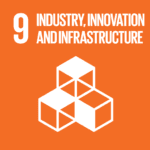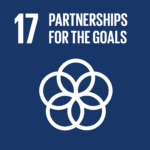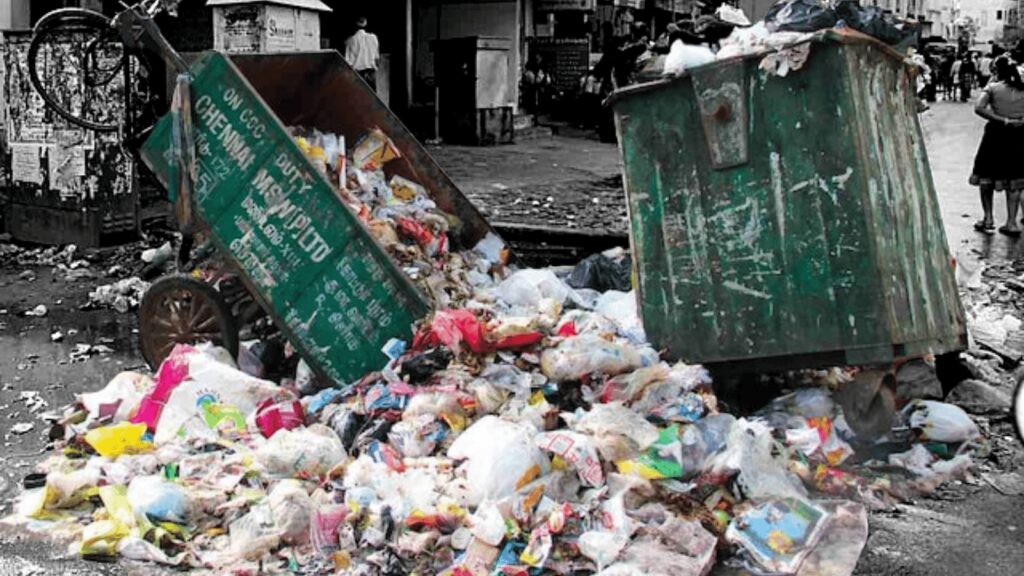The Plastics Circularity Investment Tracker, a tool launched by The Circulate Initiative in collaboration with the International Finance Corporation, highlights the disparity of global plastic waste investments.
A recent report by The Circulate Initiative reveals a glaring imbalance in the allocation of global investments aimed at addressing plastic waste, with emerging markets receiving just 6% of the funds. Despite being disproportionately affected by plastic pollution, these regions have been largely overlooked in the global financial response to the crisis.
RELEVANT SUSTAINABLE GOALS




Plastics Circularity Investment Tracker
The Plastics Circularity Investment Tracker, a tool launched by The Circulate Initiative in collaboration with the International Finance Corporation, highlights this disparity. The tracker, which covers data from 100 countries and over 3,000 companies, shows that between 2018 and 2023, only $190 billion was invested in plastics circularity worldwide. This figure is far below the estimated $1 trillion needed to tackle the problem effectively.
Umesh Madhavan, Research Director at The Circulate Initiative, emphasized the critical role of coordinated action and strategic investments in addressing the plastic waste crisis, particularly in emerging markets. “Policy plays a critical role in the flow of private capital by creating a cohesive ecosystem for plastic circularity, incentivizing investment, and reducing or sharing risk,” Madhavan told Packaging Insights. He pointed to the importance of green bonds, loans, and other financial instruments in mobilizing capital for underfinanced regions.
The report also highlights the investment shortfall in upstream solutions, such as reuse and refill initiatives, which received only $8 billion, or 4% of the total investments. In contrast, downstream solutions like recycling and recovery, which involve more established businesses, garnered the majority of the funds. “While it is necessary to continue investing in waste management infrastructure, more investment is needed in diverse companies upstream in the value chain that are implementing solutions to reduce and reuse,” Madhavan noted.
The report also identifies banks and corporate investors as the primary sources of funding, contributing 37% and 31% of the total deal value, respectively. However, The Circulate Initiative points out a glaring gap in early-stage investment, which is crucial for fostering innovation and developing new business models. Startups and companies in the nascent stages of addressing plastic circularity received a mere 2% of the total investments, despite representing 55% of the total number of deals.
Urgent Call for Investment in Plastic Pollution as Funding Falls Drastically Short
The Circulate Initiative has issued a stark warning about the global effort to tackle plastic pollution, highlighting a significant shortfall in necessary funding. New data from the organization’s latest report reveals that an average of just $32 billion per year in private investment was directed toward plastic circularity between 2018 and 2023—far below the estimated $1 trillion needed to address the crisis effectively.
The urgency of the situation is underscored by the staggering volume of plastic waste entering the environment. In 2019 alone, 22 million metric tons of plastic leaked into ecosystems, a figure that could potentially double by 2060 if current trends continue. Despite the clear and present danger, total investments in plastic circularity over the past five years have amounted to only $190 billion, a pace too slow to achieve the goal of reducing plastic leakage by 90% by 2040, according to The Circulate Initiative.
This imbalance in funding distribution reflects a broader issue within the investment community, where mature, well-established businesses that operate downstream are seen as safer bets compared to riskier, early-stage ventures that focus on upstream solutions.
The Circulate Initiative’s report is a call to action for the financial community. Without a significant increase in investment, particularly in innovative and preventative measures, the goal of drastically reducing plastic waste by 2040 may remain out of reach. The organization’s findings serve as a critical reminder that tackling plastic pollution requires not just more money, but smarter, more strategic investments across the entire plastic lifecycle.
Lead image courtesy of Flickr (India Water Portal)
You may also be interested in :
APAC Hotels Falling Behind In Food Waste Prevention Effort, Report Finds



